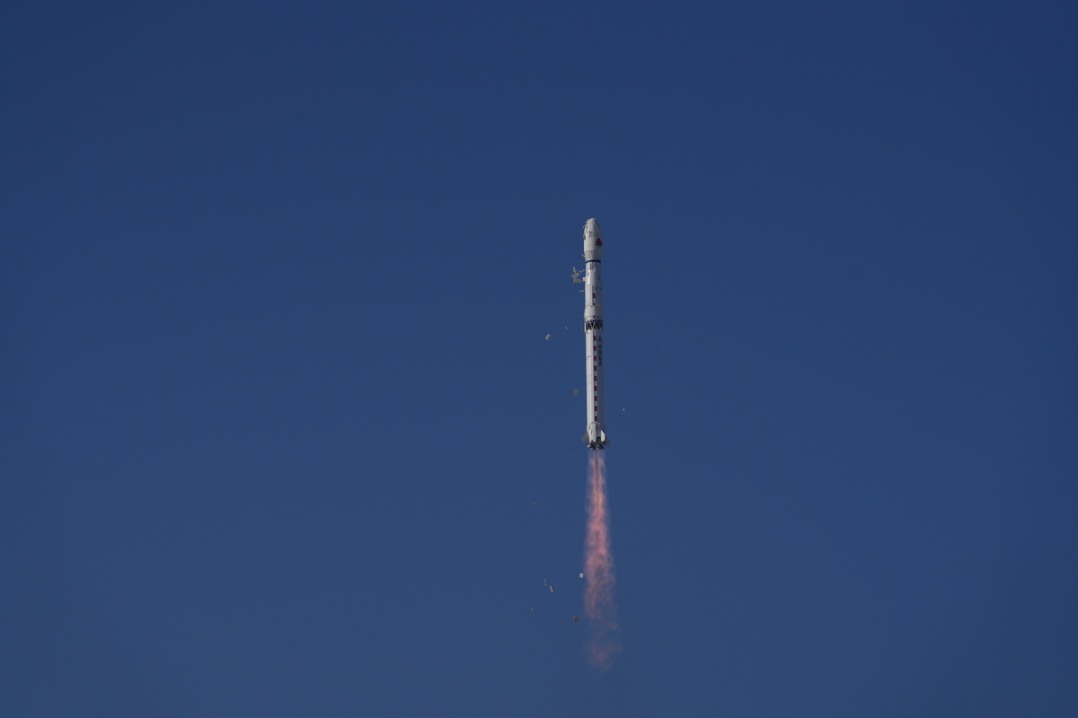Chinese leaders join discussions with political advisors


BEIJING -- Senior Chinese leaders Saturday joined national political advisors in different group discussions at the third session of the 13th National Committee of the Chinese People's Political Consultative Conference (CPPCC).
The leaders -- Li Keqiang, Li Zhanshu, Wang Yang, Wang Huning, Zhao Leji and Han Zheng -- are all members of the Standing Committee of the Political Bureau of the Communist Party of China (CPC) Central Committee.
Premier Li Keqiang stressed strengthening the development of convenient and efficient testing technologies, effective drugs and vaccines against COVID-19, and promoting international cooperation in the regard.
Noting that the CPC Central Committee with Comrade Xi Jinping at the core has attached great importance to the cause of multiparty cooperation, Li Zhanshu, chairman of the National People's Congress Standing Committee, called on non-CPC parties to take an active part in coordinating epidemic control and economic and social development.
Wang Yang, chairman of the CPPCC National Committee, stressed upholding the fundamental principles of "peaceful reunification" and "one country, two systems," adhering to the 1992 Consensus that embodies the one-China principle, and resolutely opposing and deterring secessionist activities advocating "Taiwan independence" in any form.
Wang Huning, a member of the Secretariat of the CPC Central Committee, stressed speeding up the reform and improvement of the system for disease prevention and control, making breakthroughs in key and core technologies related to medical and health care, and addressing issues that concern the immediate interests of the people.
Zhao Leji, secretary of the CPC Central Commission for Discipline Inspection, called on political advisors to make proposals for major decisions and plans, such as the task of coordinating epidemic control and economic and social development.
Vice Premier Han Zheng said establishing and improving at the state level the legal system and enforcement mechanisms for the Hong Kong Special Administrative Region (HKSAR) to safeguard national security is a carefully-made decision by the central authority based on Hong Kong's situation. The move targets acts of splitting the country, subverting state power, organizing and carrying out terrorist activities and other behaviors that seriously endanger national security, as well as activities of foreign and external forces to interfere in the affairs of the HKSAR, he said.
- Mainland to help Taiwan businesses seize development opportunities: spokeswoman
- China creates over 12 million new urban jobs in the first 11 months
- PM2.5 drops to lowest level in Beijing in 1st 11 months of 2025
- Number of digital consumers in China tops 958 million
- China issues regulation to promote public reading
- China's State Council Information Office hosts 2026 New Year reception





































